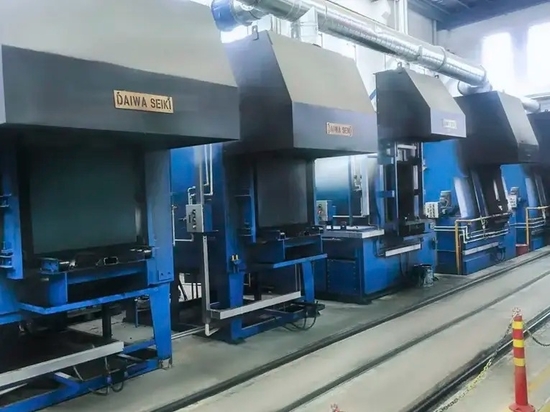
#Industry News
A Slider Seat Mold Is A Specialized Tool Used In The Manufacturing Of Seats For Vehicles
A Slider Seat Mold Is A Specialized Tool Used In The Manufacturing Of Seats For Vehicles
A slider seat mold is a specialized tool used in the manufacturing of seats for vehicles, typically automobiles and sometimes motorcycles. These molds are designed to shape various components of vehicle seats, including the seat frame, cushion, and upholstery. Here are some key characteristics and considerations for slider seat molds:
Complex Geometry:
Slider seat molds often involve complex shapes and contours to accommodate the ergonomic design of modern vehicle seats. They need to accurately replicate the curves and features of the final seat design.
Material Selection:
These molds are usually made from high-strength materials, such as steel or aluminum, to withstand the pressures and stresses associated with the molding process. The choice of material depends on factors like the expected production volume and the desired tool lifespan.
Slider Mechanism:
The name "slider seat mold" comes from the incorporation of slider mechanisms. These mechanisms allow for the creation of seats with adjustable positions or functions like reclining and sliding.
Precision and Tolerance:
High precision is essential to ensure that the molded seat components meet stringent dimensional and geometric requirements. Tight tolerances are maintained to ensure that the seat components fit together correctly during assembly.
Modularity:
Some slider seat molds are designed with modularity in mind. This means that they can be configured to produce different seat designs or models, making them more versatile and cost-effective.
Surface Finish:
The surface finish of the mold is critical, especially for the parts of the mold that come into direct contact with the seat upholstery. A smooth surface finish prevents defects in the final seat's appearance.
Cooling Systems:
Slider seat molds often include cooling channels or systems to regulate the temperature during the molding process. Proper temperature control is crucial for maintaining the integrity of the mold and ensuring consistent part quality.
Clamping Mechanisms:
The mold may incorporate clamping mechanisms to securely hold the seat materials in place during the molding process. These mechanisms ensure that the materials are correctly positioned for molding.
Venting and Ejection:
Effective venting systems are essential to allow air and gases to escape during the molding process, preventing defects like air pockets. Ejection mechanisms ensure that the molded parts can be removed from the mold without damage.
Maintenance:
Regular maintenance and cleaning are necessary to keep the slider seat mold in optimal condition. Any wear or damage should be addressed promptly to maintain consistent part quality.
Quality Control:
Rigorous quality control measures are implemented to ensure that the molded seat components meet the specified standards and pass inspection criteria.
Slider seat molds are critical tools in the automotive manufacturing process, as the quality and precision of the molds directly impact the comfort and safety of vehicle occupants. These molds allow manufacturers to produce seats with various features and designs to meet customer preferences and market demands.





